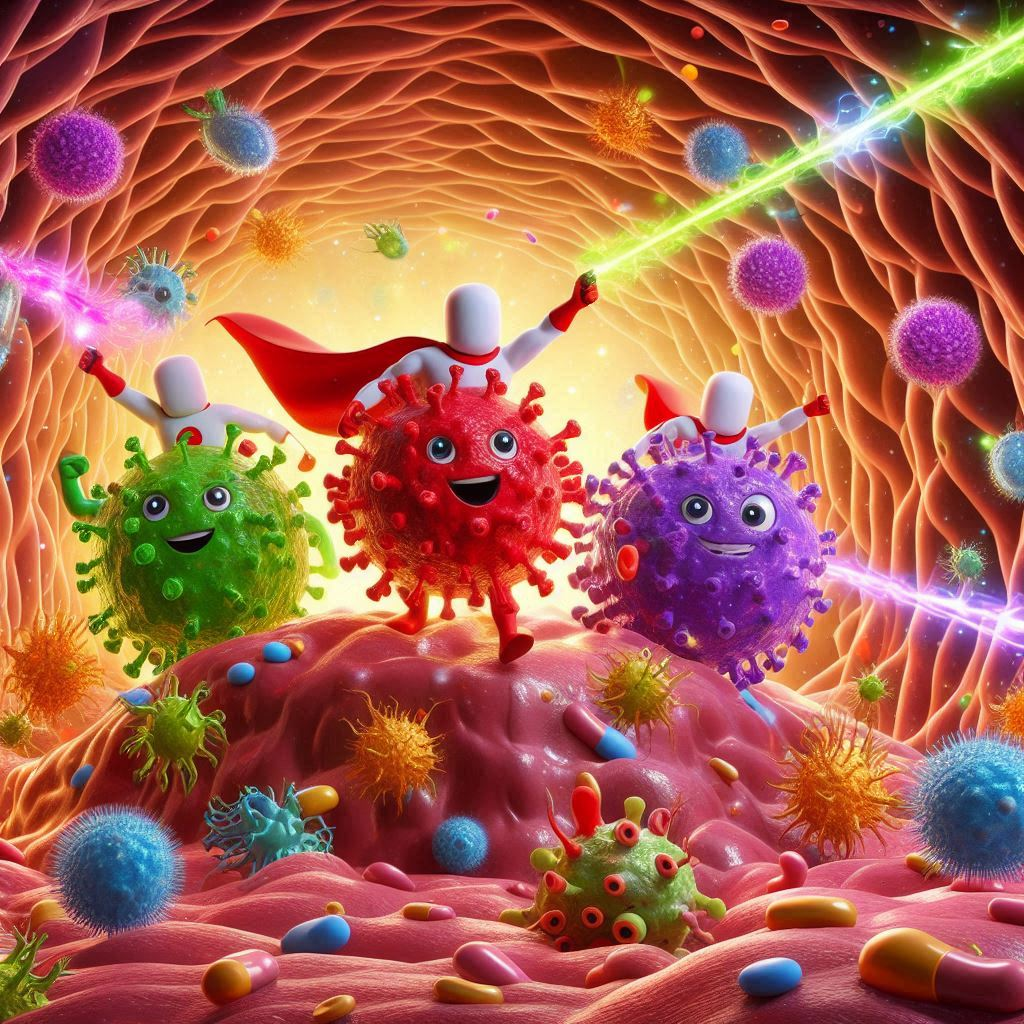
Neutropenic diet: What cancer patient should Know
A neutropenic diet is recommended for individuals with compromised immune systems, particularly those with low neutrophil counts (neutropenia). Neutrophils are a type of white blood cell important for fighting infections, and low levels can increase susceptibility to infections. Here are some causes and risk factors associated with neutropenia and the need for a neutropenic diet:


Causes of Neutropenia:
- Chemotherapy: Cancer treatments like chemotherapy can suppress bone marrow function, leading to decreased production of neutrophils.
- Radiation Therapy: Similar to chemotherapy, radiation can affect bone marrow and lower neutrophil counts.
- Bone Marrow Disorders: Conditions such as aplastic anemia, myelodysplastic syndromes (MDS), and leukemia can impair bone marrow function.
- Autoimmune Disorders: Certain autoimmune diseases like lupus or rheumatoid arthritis can cause neutropenia.
- Medications: Some medications, particularly those used in chemotherapy or for autoimmune diseases, can induce neutropenia as a side effect.
- Infections: Viral infections such as HIV or hepatitis can lead to neutropenia.
Risk Factors for Neutropenia:
- Undergoing Cancer Treatment: Individuals undergoing chemotherapy or radiation therapy are at high risk.
- Bone Marrow Disorders: People with conditions affecting bone marrow function are susceptible.
- Certain Medications: Those taking medications known to cause neutropenia need to be monitored.
- Age: Infants and older adults are more vulnerable due to their immune system status.
- Autoimmune Diseases: Conditions that affect the immune system can predispose individuals to neutropenia.
Neutropenic Diet:
A neutropenic diet is designed to reduce the risk of foodborne infections, which can be particularly dangerous for individuals with low neutrophil counts. The diet typically includes:
- Avoiding Raw or Undercooked Foods: Raw fruits and vegetables, raw or undercooked meats, and raw or unpasteurized dairy products can harbor bacteria that might not be effectively killed off by a compromised immune system.
- Limiting Fresh Produce: If consuming fresh fruits and vegetables, they should be thoroughly washed, peeled, and preferably cooked.
- Avoiding Raw Fish and Shellfish: Sushi, sashimi, and raw oysters or clams should be avoided due to the risk of bacterial or parasitic contamination.
- Choosing Pasteurized Products: Opt for pasteurized dairy products to minimize the risk of bacterial contamination.
- Cooking Foods Thoroughly: Cook all meats, poultry, and eggs thoroughly to kill bacteria.
- Practicing Food Safety: Wash hands frequently, keep kitchen surfaces clean, and ensure food is stored at appropriate temperatures to prevent bacterial growth.

- Minimize Fresh Produce:
- Fruits and Vegetables: Opt for cooked or canned fruits and vegetables instead of raw ones. If consuming raw produce, ensure they are thoroughly washed, peeled (if applicable), and ideally cooked.
- Salads: Avoid raw salads unless they are thoroughly washed and prepared immediately before consumption.
- Choose Pasteurized Dairy Products:
- Opt for pasteurized milk, cheese, yogurt, and other dairy products to minimize the risk of bacterial contamination.
- Practice Food Safety:
- Wash hands thoroughly before handling food and after handling raw meats or poultry.
- Keep kitchen surfaces, utensils, and cutting boards clean and sanitized.
- Store perishable foods at proper temperatures to prevent bacterial growth.
- Avoid Certain Beverages:
- Avoid unpasteurized juices, cider, and other beverages that may carry a risk of bacterial contamination.
- Preferably drink bottled or pasteurized beverages.
- Limit Risky Foods:
- Avoid foods prepared in bulk, buffet-style foods, and foods that have been sitting at room temperature for extended periods.

Additional Considerations:
- Nutritional Support: Ensure adequate intake of nutrients, vitamins, and minerals through a balanced diet. Nutritional supplements may be recommended if dietary intake is insufficient.
- Hydration: Maintain adequate hydration levels by drinking plenty of fluids, preferably water.










